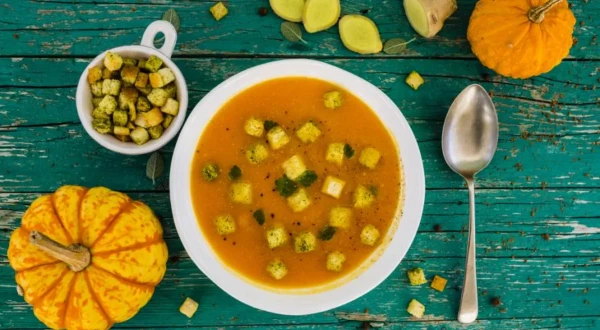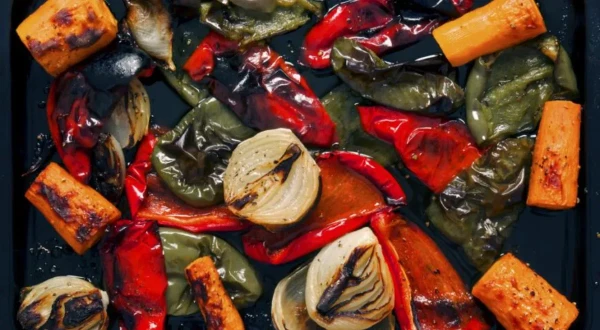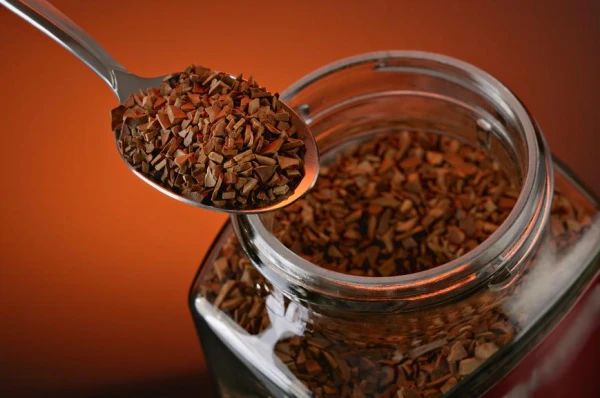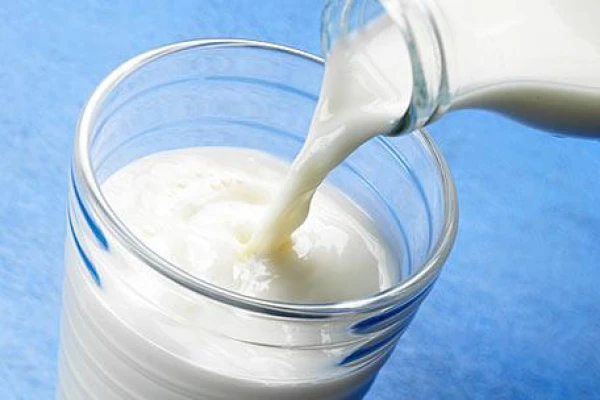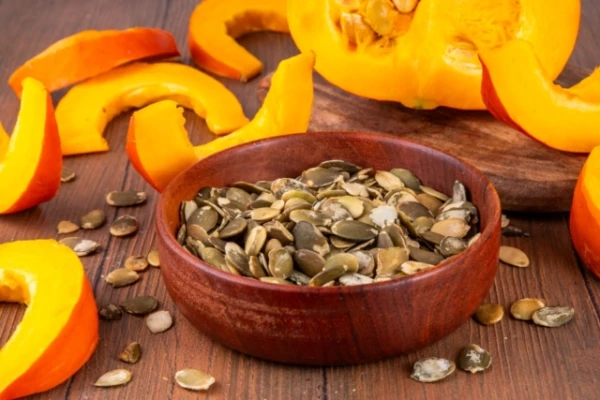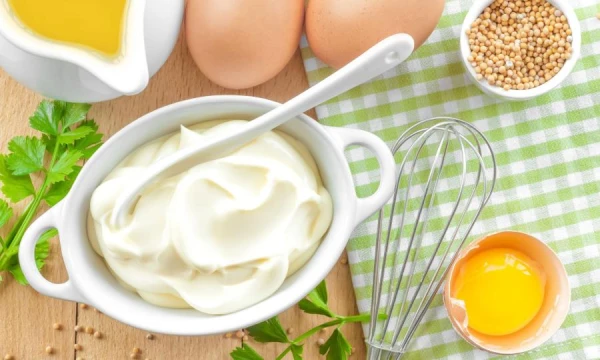
Mayonnaise regularly appears on lists of "forbidden" foods, especially for those who are watching their weight and health.
Dietitian Antonina Gureeva stated that the danger of the popular sauce is greatly exaggerated. The main thing, according to her, is not to overindulge in it.
Mayonnaise Is Not as Scary as It’s Made Out to Be
Mayonnaise is a mixture of simple ingredients found in any kitchen: it consists of vegetable oil, egg yolk, salt, sugar, vinegar or lemon juice, mustard, and water.
The calorie content of the sauce is indeed high, about 600 kcal per 100 g, but this is less than olive oil (800 kcal) and slightly less than butter (700 kcal). Additionally, it contains a lot of salt.
It is better not to buy fat-free, light, low-calorie versions of mayonnaise on store shelves, as they contain thickeners, flavorings, and stabilizers that help preserve taste and texture.
Are There Trans Fats in Mayonnaise?
The vegetable oils used to make mayonnaise contain unsaturated fats, which are necessary for hormonal balance, the absorption of vitamins A, D, E, and K, as well as brain function.
There are very few trans fats in quality mayonnaise, especially homemade. It generally surpasses industrial varieties in many ways.

